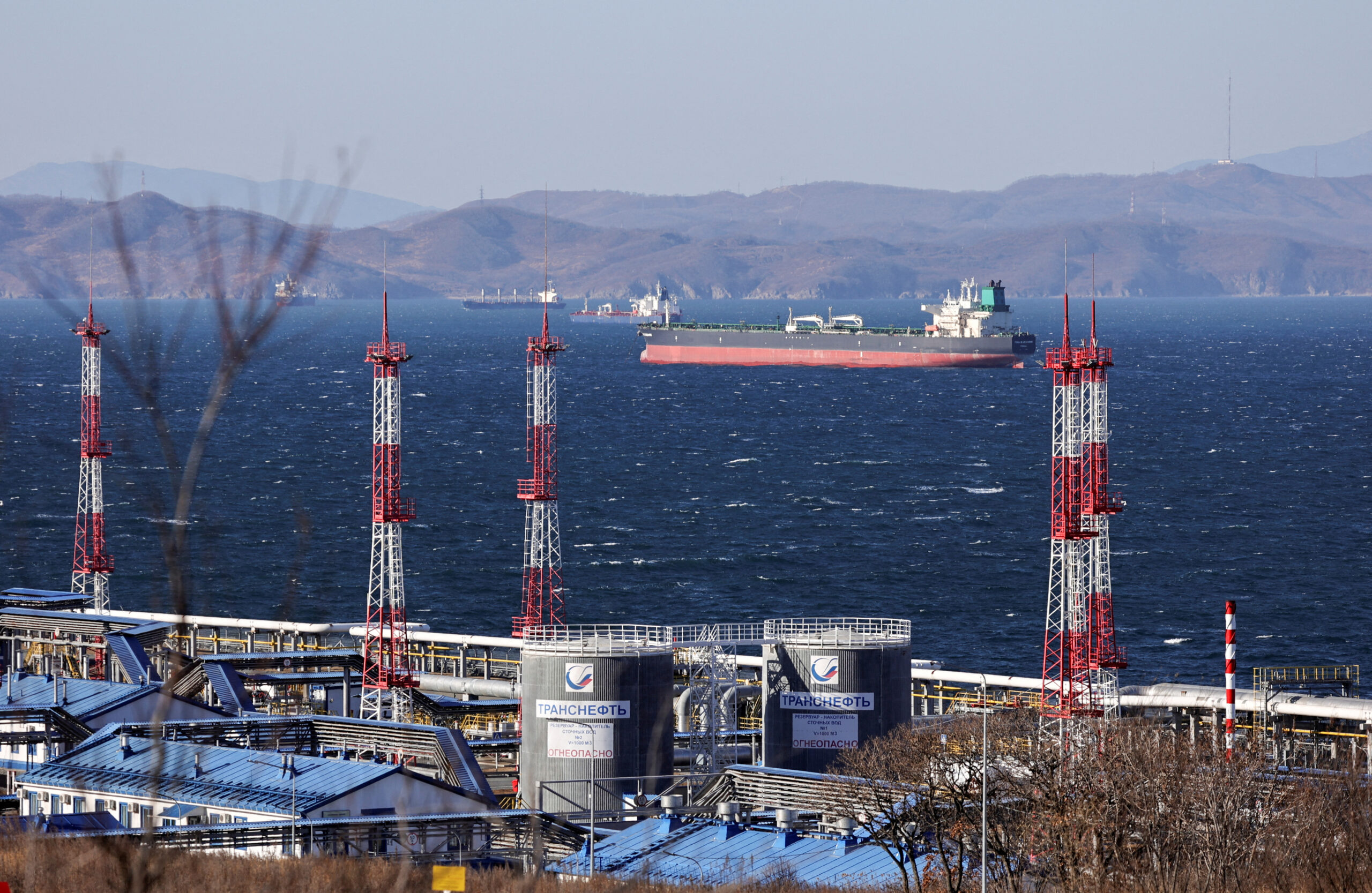The COP26 confab in Glasgow has seen numerous breakout meetings and sidebar events, on both sides of the river.
An excellent three-day meeting on the south side of the Clyde (with some virtual participation, as well), dubbed ShipZero, organized by ZESTAs (Zero Emissions Ship Technology Association) included discussions of broad decarbonization policy issues- always with a maritime focus, finance- also related to the big question of “who’s going to pay?” and, of course, technologies for alternative fuels (and even non-fuels, like batteries, kites and sails).
The event, meant to be disruptive, will be transcending the normal “conference” mode- with the organizers’ plans to have a summary of the proceedings find its way into “…a collaborative and interactive navigational chart (‘Charging to True Zero°’), to be shared with COP26 delegates, shipping and energy industry stakeholders as well as being delivered to the IMO, in both written report and film formats.”
One excellent presentation, delivered through the online medium from the U.S. Coast Guard headquarters, saw Jeff Lantz, who heads up the United States’ delegation to the International Maritime Organization (IMO), speak about how the U.S. sees the voyage to decarbonization.
Mr. Lantz- widely known and respected in the maritime arena, has the official title- Director of Commercial Regulations and Standards (CG-5PS). In his remarks, he highlighted the Biden administration’s commitment to acting on climate change, and emphasized the statement of John Kerry (U.S. Special Envoy on Climate Change) that “the U.S. is prepared to work with others to achieve zero emissions from international shipping, and we are clearly looking to do this through the IMO.”
Also noted was a U.S. written submission in advance of the upcoming IMO Marine Environmental Protection Committee (MEPC) meeting, with the very official designation of “MEPC 77/7/15”, written jointly with the UK, Norway, Japan and Costa Rica.
The document is an emphatic declaration of support for the zero-emission by 2050 objective for shipping, with Mr. Lantz saying to the ShipZero audience: “In our view, the IMO needs to focus on putting shipping on a path to zero emissions.”
On specifics- two action items for the upcoming meeting were highlighted- the enumeration of IMO medium and long term goals for emission reduction, and, also- the revision of the IMO’s GHG strategy. On levels of decarbonization, he said “To the U.S. it’s clear that the levels of ambition contained in the Initial Strategy [2018] are inadequate….” Presently, there are no targets for 2030 and 2040- Mr. Lantz emphasized the need for enumerating these intermediate targets- charting the voyage, so to speak.
Though submissions to the IMO tend towards highly legalistic wording, MEPC 77/7/15 is much more “hands-on” than most. When it comes to near term practicalities, it enumerates the need for “…mid-term measures that enter into force by 2025, in a way that reflects the urgency of the climate crisis”, and the need to “ensure a critical mass – a low but significant group of ‘first-movers’ – of zero-emission ships are on the water before 2030. This would help promote a tipping point for zero-emission fuels, and drive down the costs of technologies and fuels, such that the rate of adoption could subsequently rapidly increase.”
Additionally, the paper points to efforts by real owners and charterers in the shipping marketplace… “there are multiple relevant initiatives taken by industry, such as the Poseidon Principles by the financial community, the Sea Cargo Charter by the charterers, and the Getting to Zero Coalition by the Global Maritime Forum to have zero-emission vessels by 2030, among other examples.”
Mr. Lantz also talked about innovative projects under consideration by the U.S. that might help get to a targeted 5% zero-carbon fleet (in terms of fuel consumption) by 2030- that tipping point that would start the momentum into the 2030’s.
He described a cooperation with Denmark, Norway, the Global Maritime Forum and the Maersk McKinney Møller Center (for Zero Carbon Shipping) to “develop, demonstrate and deploy zero-emission fuels, ships and infrastructure along the full value chain. As examples, hydrogen-based zero-emission fuels- green hydrogen, green methanol and green ammonia were mentioned- could be powering those all-important “first movers.”
Sign up for our newsletter

 Join The Club
Join The Club











